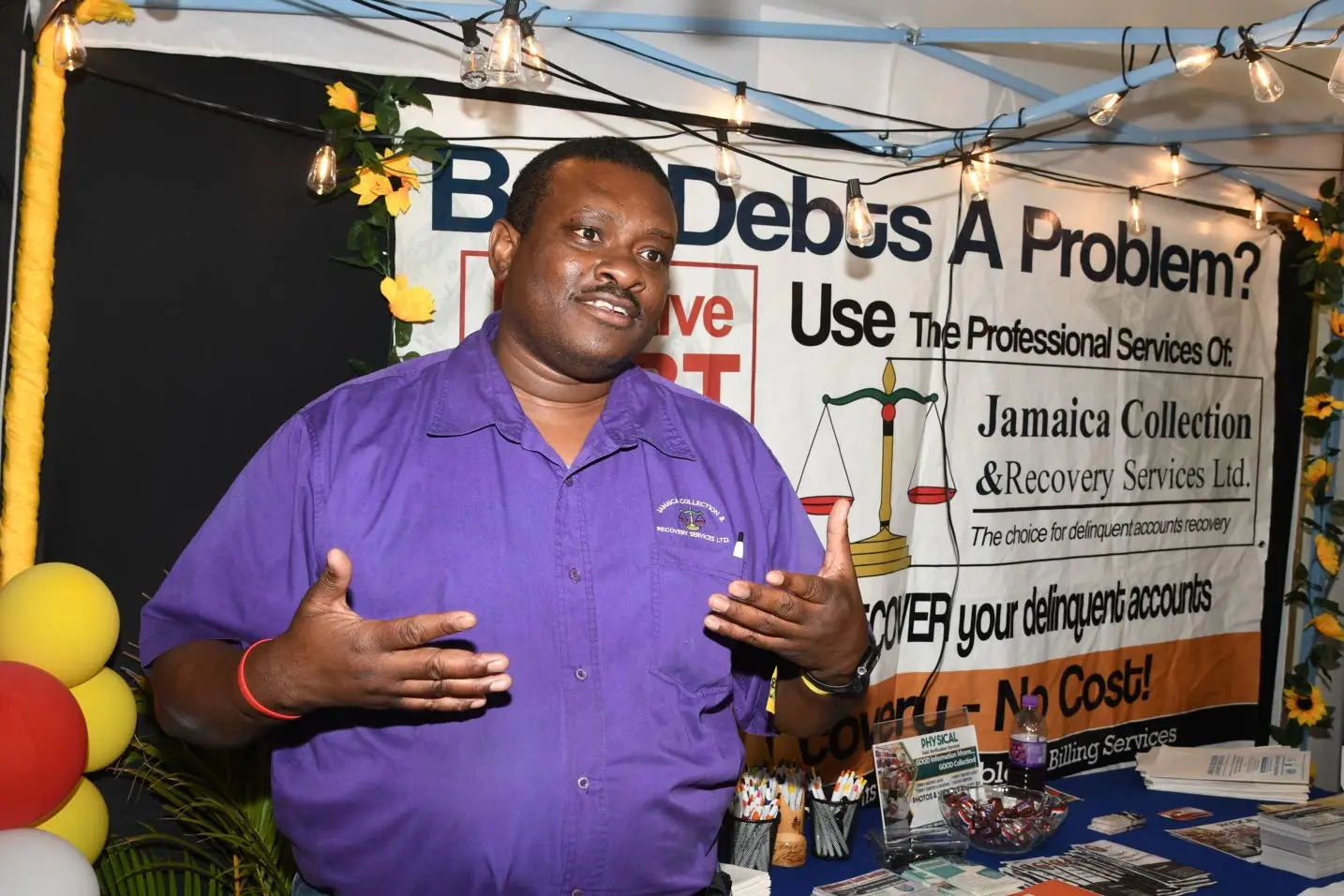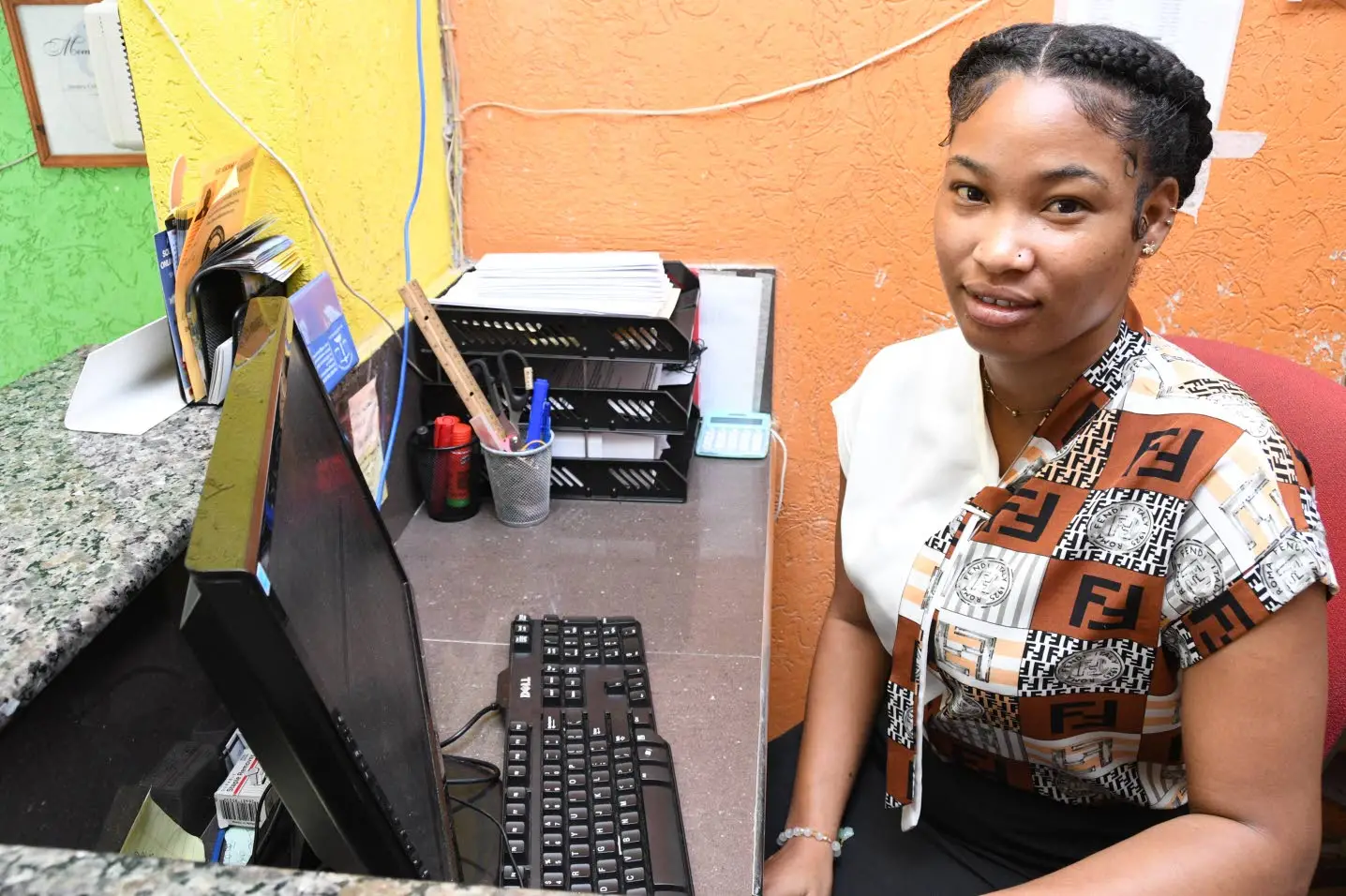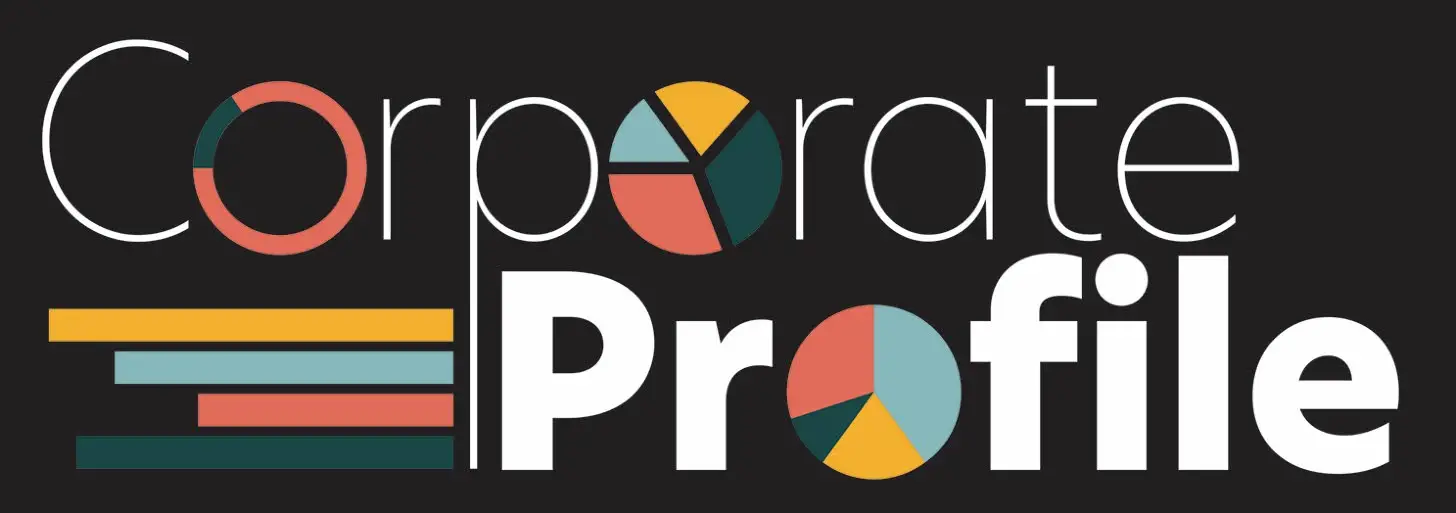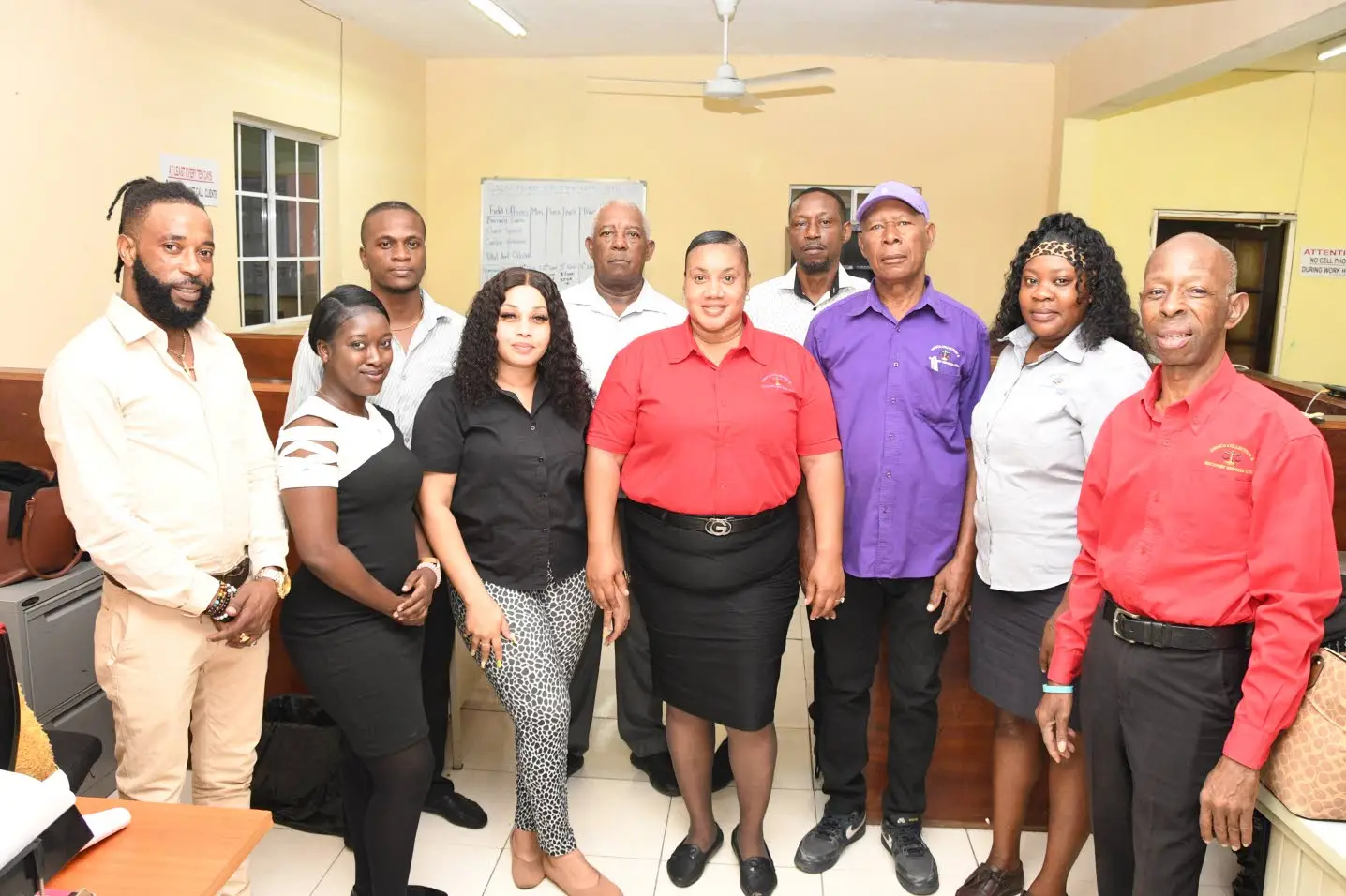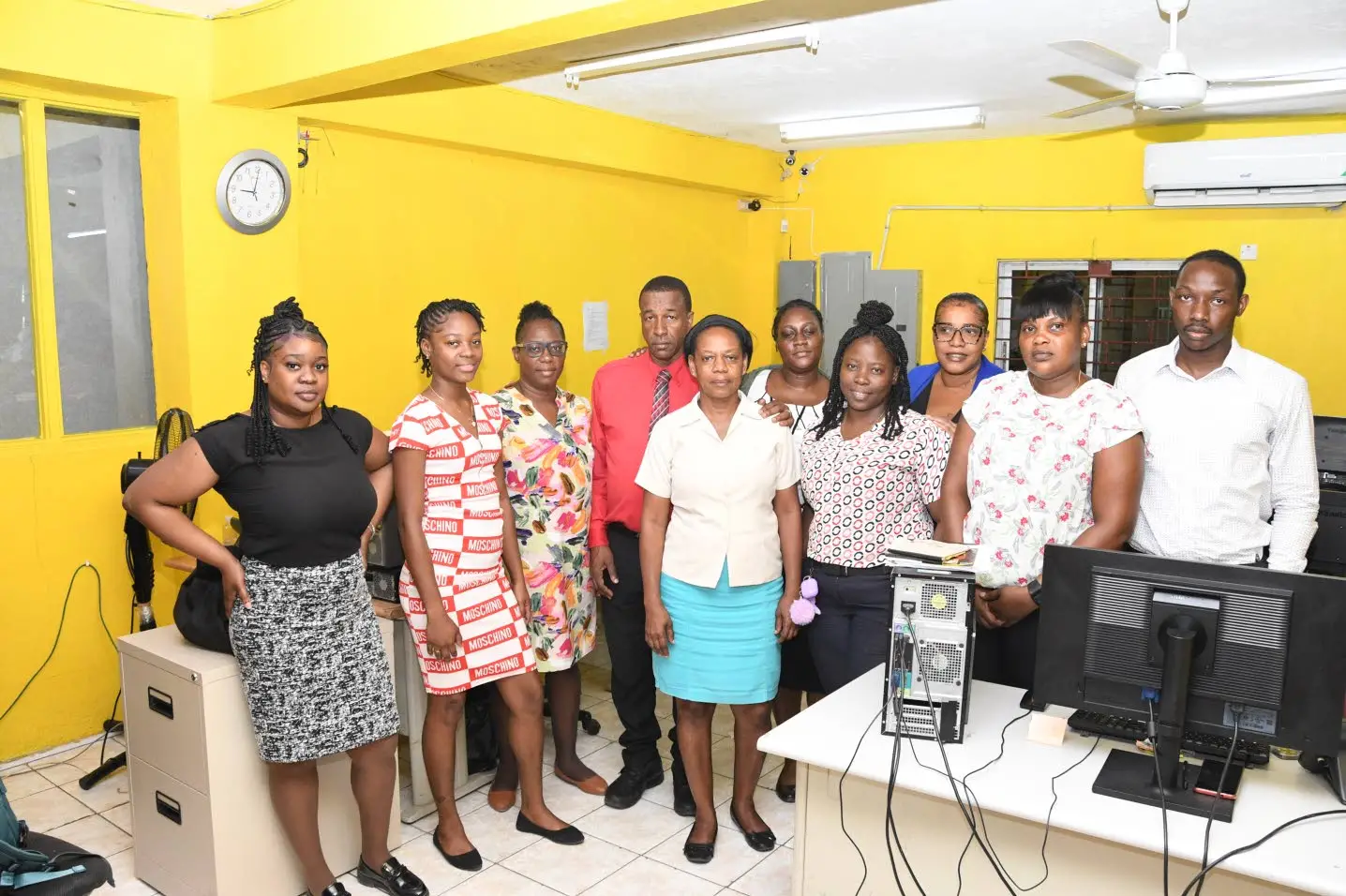
Behind the business of debt
How one Jamaican firm is redefining arrears recovery
With nearly a quarter-century under its belt and a reputation built on professionalism and people-first tactics, Jamaica Collection & Recovery Services Limited is quietly shaping one of the most overlooked but consequential sectors in the Jamaican economy — debt recovery.
At its Kingston headquarters on Montgomery Avenue, founder and CEO Christopher Johnson reflects on the company’s unlikely genesis: a one-man operation collecting debts out of a cramped one-room office. Today, the business has three locations across Jamaica, commands what Johnson estimates to be 40 per cent of the local market, and is now actively expanding into Caribbean and global collections with its eyes set on generating a quarter of revenues from foreign markets.
Johnson launched the firm in 2001 after recognising an untapped opportunity in debt collections. At the time, he was working with a firm that struggled to collect on its receivables.
“We needed the money to keep things going, but actually getting paid was a constant struggle,” he told the Jamaica Observer in a recent interview. “That’s when I realised there was a real opportunity here. If one company was struggling to recover what was owed, chances are others were too — and I knew I could build a business around solving that problem.”
What began as a side hustle quickly turned into a full-fledged career after he realised he had a knack for persuading delinquent borrowers to settle accounts using empathy, negotiation, and a practical understanding of people’s financial realities.
“We’re not here to harass anyone. We’re here to help people get back on track,” said Johnson.
“Sometimes all it takes is a conversation — helping someone see they’re not alone and showing them a way forward, whether that’s through a payment plan, loan rehabilitation, or even encouraging them to talk to family for support,” he explained. “The problem is that when the debt gets overwhelming some people tend to ignore it and then that’s where the problem starts.”
That ethos guides the company’s training model, with all collectors required to understand debt psychology, ethics, and emotional intelligence.
“We look for people who genuinely want to help others, because that’s at the heart of what we do,” he added.
Jamaica Collection & Recovery Services provides a suite of solutions including soft and hard debt collections, litigation support, process serving, and bailiff services. But what sets the firm apart is its strategy to tailor each collection based on the debtor’s circumstances and the client’s business needs.
The company distinguishes between early-stage collections — typically under 90 days — and hard collections, which involve accounts significantly in arrears. While soft collections carry commission rates of 10 to 15 per cent, hard debt recovery, often involving litigation or assignment of the debt, is charged at higher rates.
In some cases, the company purchases the debt outright at a discount, a practice that gives it full legal standing to sue debtors and recover funds in its own name.
“We also serve as the accounts receivable department for many companies that don’t have the capacity to chase down overdue payments,” Johnson noted.
The firm’s legal division and process-serving arm are among its largest, handling work on behalf of banks, utilities, telecoms, attorneys, and even government departments.
Despite handling billions of dollars in receivables over the years, the debt collection industry in Jamaica remains loosely regulated. There’s no central licensing body for collectors, though Johnson and his team voluntarily operate under ethical codes aligned with international standards.
The company is certified by the International Association of Commercial Collectors (IACC) and the American Collectors Association (ACA), with Johnson himself serving as director for Latin America and the Caribbean within the ACA. These affiliations not only bring legitimacy but set rigorous standards for data protection, call monitoring, and anti-harassment procedures.
“In our training, we emphasise Maslow’s hierarchy of needs, we teach collectors how to appeal to different personality types, and we record every call. There’s no bullying, no threats — we don’t operate like that,” Johnson told the Business Observer. “We also have a clean desk policy to ensure that client information remains confidential.”
The company is also registered under the Vendor’s Bailiff Act and with the Private Security Regulation Authority, enhancing its standing for government contracts and repossession work.
Strata fees, global collections, and tech
One surprising area of growth has been gated communities and strata corporations.
Many residential developments now depend on the firm to collect unpaid maintenance fees — often from absentee owners or lot holders.
“People think if the land is empty they don’t have to pay, but they do. And the association can even seize property,” said Johnson, who has become an evangelist for citizen-led associations to take control of their financial obligations.
Regionally, the company is expanding aggressively, especially in Guyana and across the Eastern Caribbean, targeting manufacturers and exporters struggling to collect on regional sales.
“We already receive accounts from there. Our goal is to have 25 per cent of our revenue coming from overseas collection, and much of that is in US dollars,” he said.
Through membership in the EOS Global Collection network, the firm is now integrated into an international platform that allows it to collect debts for global partners or assign Jamaican cases to collectors abroad.
Despite its success, Jamaica Collection is not immune to one of the biggest problems plaguing Jamaican businesses today: finding reliable talent.
“You can make serious money in collections if you’re good, but it’s hard to get people,” Johnson said, noting that the company pays collectors on a commission basis. “It’s not about education alone. You have to be disciplined, focused, and emotionally intelligent.”
The firm, which currently employs 65 people, constantly recruits and trains new collectors, but also admits to high turnover. “Some just don’t have the drive. Others get too complacent,” he added.
For all its business success, the company is keenly aware of its social responsibilities. This April marks its second year of hosting Debt Collectors Give Back Month, an initiative through the Jamaica Debt Collection Association aimed at raising funds for local charities. Staff participate by selling cookies, paying to wear jeans, and pooling resources to meet a $300,000 fund-raising target.
“This is bigger than business. We are privileged, and we must give back,” said Johnson.
With a stronghold on the Jamaican market and an expanding footprint across the region, Johnson remains focused on shaping both the business and the industry. He continues to serve as founding chair of the Jamaica Debt Collectors Association and says that stronger sector-wide standards are inevitable, especially as data protection and cyber security come into sharper focus.
He also has a message for business owners: “Start collecting early. The longer you wait, the harder it is to recover your money.”
It’s a philosophy that continues to serve him and his clients well.
